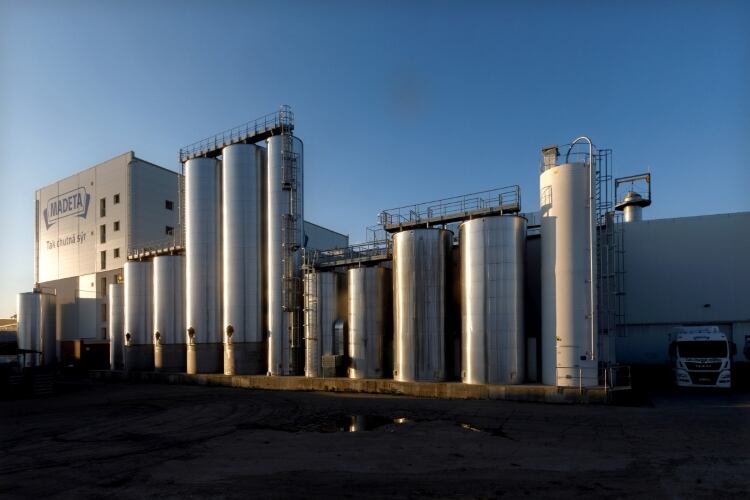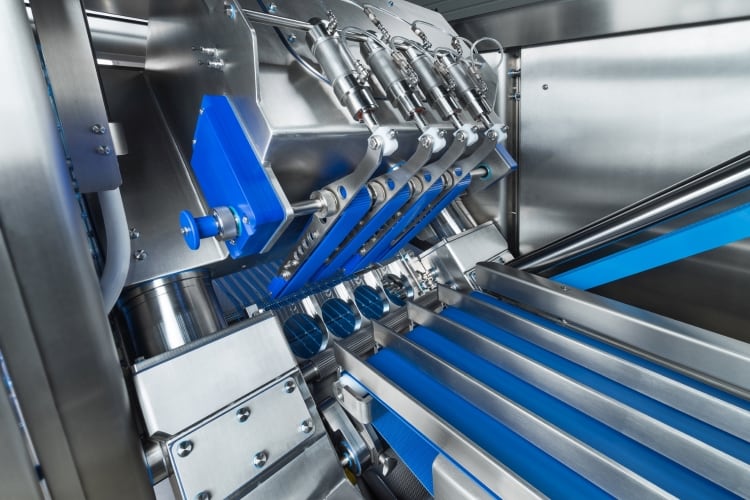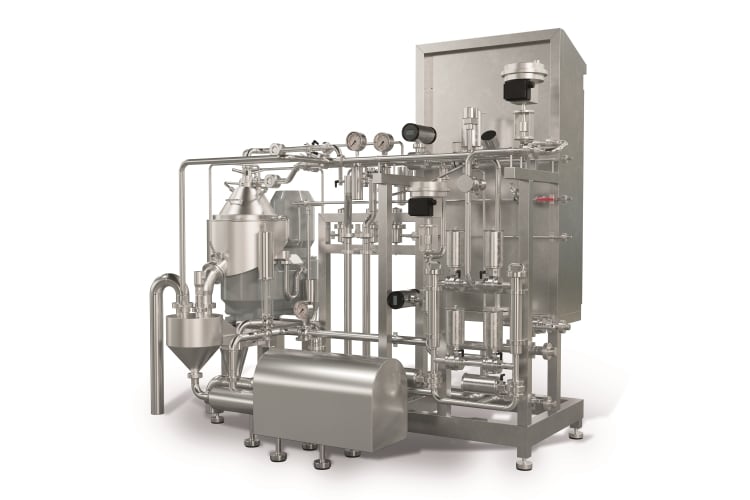The new plant, which has a staff of 150, can process up to 400,000 liters of milk a day – twice the capacity of the former facility.
The new plant in Planá is one of four production sites operated in the Czech Republic’s south Bohemia region by Madeta, the country’s biggest dairy group. Each day, the plant produces up to 42 tons of hard and semi-hard cheese, including Maasdam, Emmental, Edam, Gouda, and Tilsit. The new facilities enable the company to maximize production, maintain high quality standards, and respond more quickly to the changing needs of the market.
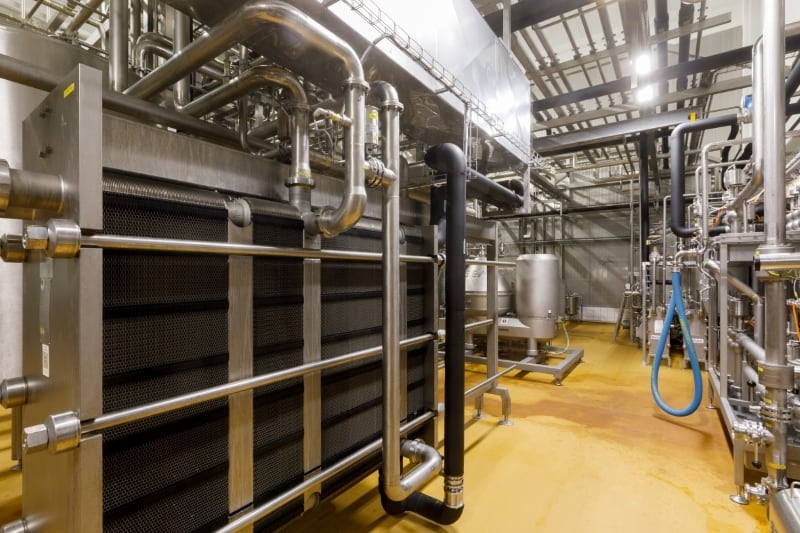
GEA said the upgraded technology and production methods provided an opportunity to improve efficiency, yields, and technological safety, as well as increase production.
GEA said it was also able to integrate a third-party automation system, provide recipe control over the whole cheese line, and supply the interface to the company’s ERP system.
The new installation includes milk storage tanks with connections to both upstream and downstream pasteurizers; five new 15m3 integrated cheese vats; fresh water and dosing systems; whey extraction and storage, and heating of the cheese vats via the double jacket.
GEA also supplied a new hygienic starter preparation system and the CIP system for the entire cheese area. The whey processing line was supplied by GEA in the Czech Republic. The process includes double pasteurization, involving one new line – including whey clarification and cream separation – and one existing line, which was upgraded. The existing separators were reused. GEA’s Refrigeration Technologies division supplied a 500kW NH3 heat pump and optimized the existing refrigeration system for the new cheese plant.
Automation is provided through GEA Codex software, which includes both the GEA master and dynamic recipe systems, providing full control of the cheese-making process. The GEA master recipe includes every element of the process line, including specifications regarding the addition of rennet, starter, wash water, color, and calcium chloride. GEA’s system at the Planá plant makes it possible to flex the master recipe to factor in variations in the protein/fat ratio of the raw milk. All data is recorded by the GEA system and can be analyzed using Office tools, resulting in a more accurate and consistent cheese making process.
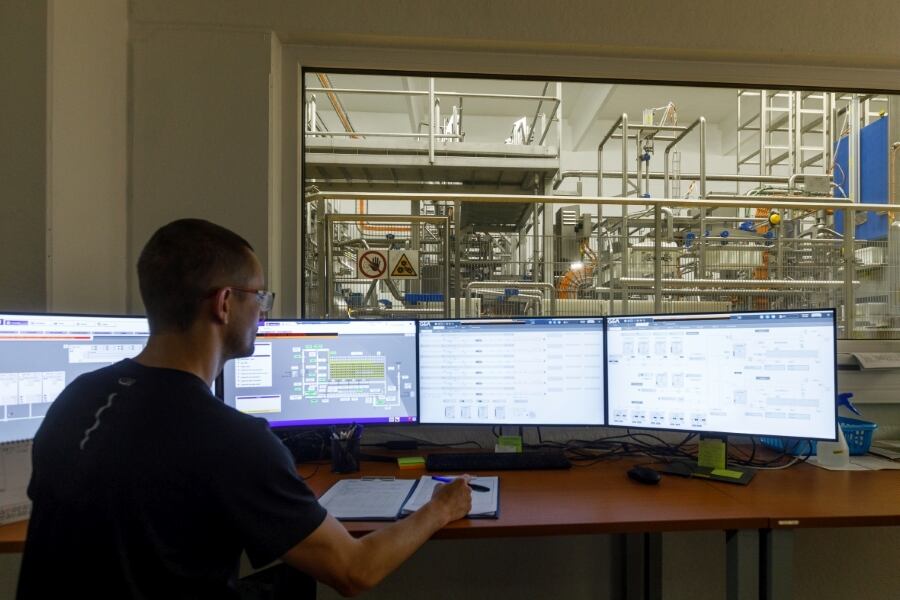
As part of this project, GEA also implemented its cheese milk calculator. Based on the quantities of cheese sold, this program uses the cheese recipe to back-calculate the amount of cheese milk required and the ideal fat-to-protein ratio. Depending on the protein content of the raw milk, the calculator determines the mixture needed from the raw milk silos to achieve the ideal cheese milk composition as closely as possible. GEA said it is easy to adjust the fat content of the cheese milk, but the protein content can only be modified at this plant by mixing raw milk with different protein ratios.
The new Madeta plant in Planá is designed to process up to 400,000 liters of milk per day, but its capacity can be increased to up to 600,000 liters a day if required.

